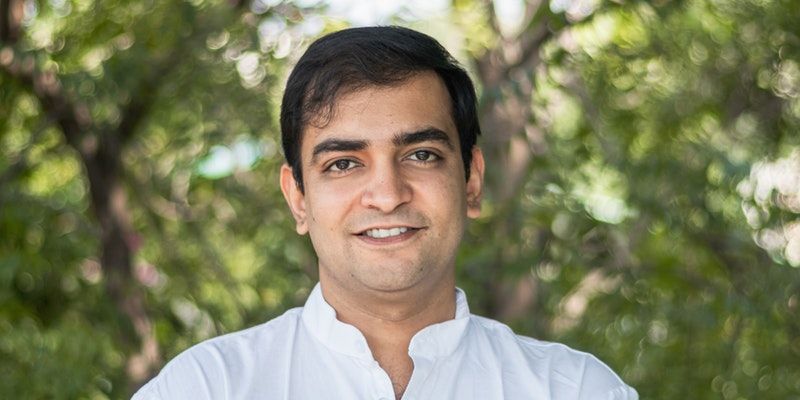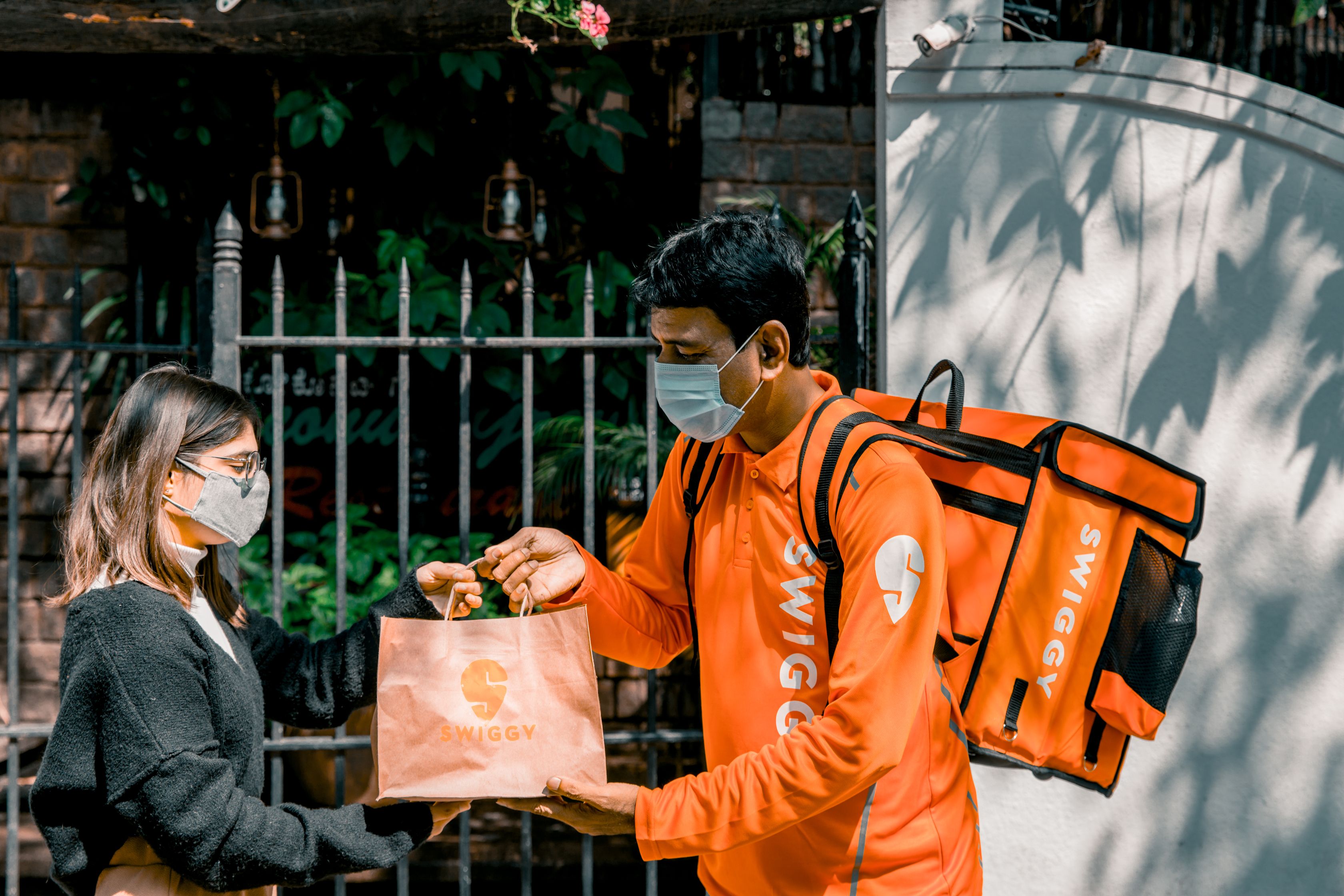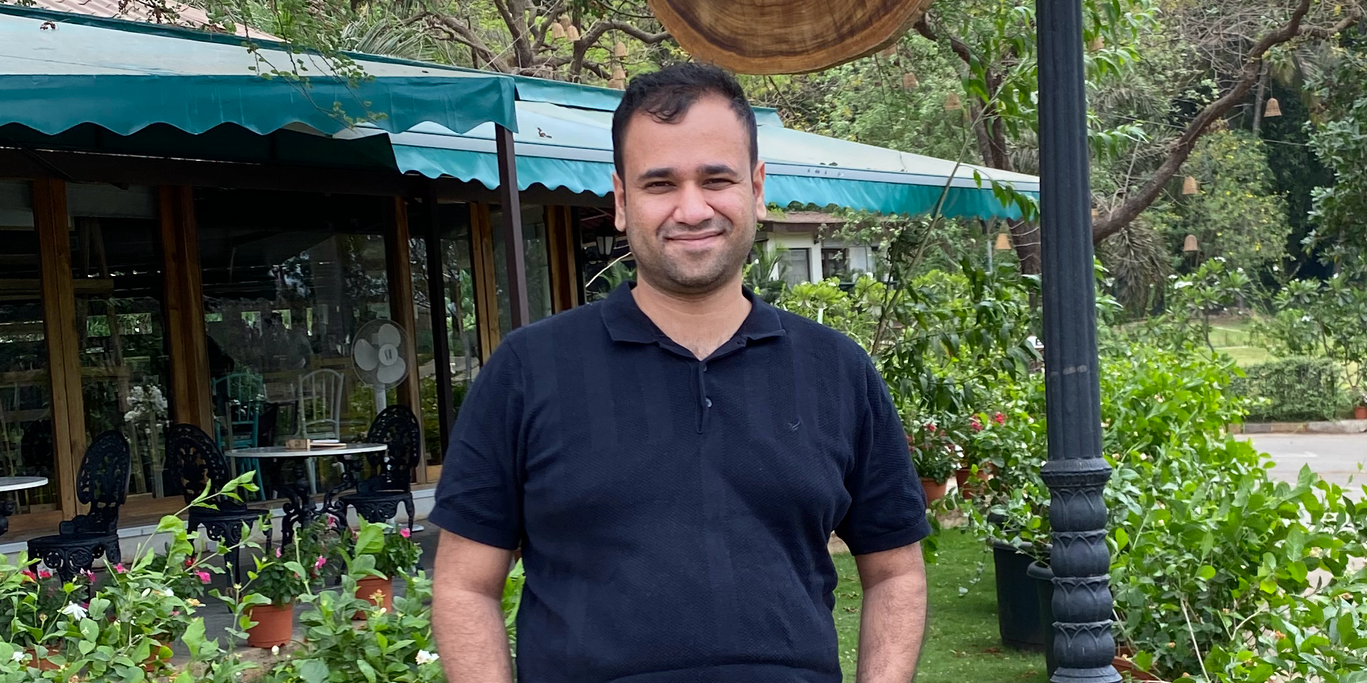How Zostel pivoted from a hostel for backpackers to the OTA segment
Despite a setback in 2015 after entering a legal battle with OYO, Zostel is now foraying into the OTA space with its ‘Trusted by Zostel’ feature, wherein it will list backpacker hostel-like properties and experiences owned by others on the platform.
Hospitality chain Zostel may have been in the news for all the wrong reasons after its deal with hospitality unicorn OYO fell apart, following an acquisition controversy. Over a period, six out of seven Zostel co-founders exited the company and started their own entrepreneurial or managerial journeys with different entities. But Dharamveer Singh Chouhan, Co-founder and CEO, Zostel, has stayed on.
The CEO is now reviving the brand single-handedly and is foraying into the online travel agency (OTA) space. "A niche OTA where others are not there," he says.

Dharamveer Singh Chouhan, Co-founder and CEO, Zostel
“Our niche is curated properties, which fall under similar experience as of Zostel,” Dharamveer tells YourStory. He also reveals that Zostel is pivoting to an OTA model with ‘Trusted by Zostel’ feature, wherein it will list backpacker hostel-like properties and experiences owned by others on the platform.
With properties in 50 cities across India at present, he reveals the startup is tapping international partners in the South East Asia (SEA) region, and will soon have partners in at least 10 cities outside India in countries like Thailand, Vietnam, Bali, and others.
Reviving the brand
Dharamveer started reviving Zostel a year ago and launched an entrepreneur programme. In the initial days, he says, Zostel had a lot of its own leased properties that it used to run. But over the last couple of years, the company has transformed.
Speaking about the entrepreneurship programme, he says: “Now we have one property that we run by ourselves, and close to 50 properties are run by several other business partners”.
Its new feature ‘Trusted by Zostel’, which was launched earlier this month, will now list three different properties on the platform - its own properties, Zostel-branded properties (under entrepreneurship programme), and now non-Zostel properties verified by Zostel.
“We never saw ourselves as a hostel operator. We always saw ourselves as pioneers of travel. So, we are now exploring how we can work with other backpacker hostels, and how can we work with others to give them a lot more business,” says Dharamveer.
He says the startup keeps getting queries like, ‘we need four rooms in Goa, or ‘space for four people’, “and all are ASAP,” says Dharamveer. “We have no property in Goa, but we have these leads. These are the people who trust us already, and so, with this new foray, we are extending the trust that the community has extended over us,” he says.
How the OTA works?
Zostel has developed a supply-side app for its partners where they will get a booking request via Zostel, which is similar to other OTA platforms. The team came up with the idea that it can help other backpacker hostels with decent business by forwarding them the bookings, and take a commission between 10 to 15 percent from them.
“Under this segment, we are basically collaborating and working with partners in those places where we don’t have any presence, because we get a lot of queries from our customers asking if a particular place has a Zostel,” explains Dharamveer.
Zostel currently has properties in 50 cities across India, and Dharamveer says:
“Now, we just might scale to 500 very easily because we will not open those hostels ourselves. We just say these are the 500 best cities in the world or in India. And if you are coming to the Zostel platform to find a hostel in those cities, and we are not there, you have our trusted partners. You can just go ahead and book them.”
These trusted partners are either visited by Zostel, or are verified via feedback, calls, and meetings.
The Gurugram-based company has been running a pilot in Goa for this segment since July this year, and “the results are very phenomenal,” says Dharamveer. “We want to bring everybody in. In the pilot, we got bookings worth Rs 5 lakh per month, that too during the offseason.”
Expansion plans and funding
Today, Zostel has five properties in Goa, and is looking to add properties in 16 new cities in the next 12 months. The startup, which is now tapping international partners, is looking to add 40-50 new properties under various sub-brands.
The CEO clarifies that this does not mean that older business models have become irrelevant to the company. “We would not mind exploring a deeper relationship with our trusted partners. In the future, if we think a particular property is really good, we might just convert that into a Zostel,” he says.
Dharamveer highlights that the new OTA model allows the company to be more flexible, and remove the pressure of scaling, and the pressure of trusting very soon. “This is also keeping our operation cost in check. We don’t have to invest any money, rather we take a commission,” he says.
In 2015, Zostel's subsidiary ZoRooms had bagged a total funding to the tune of $47 million from the likes of Orios Venture Partners and Tiger Global Management in Series A and B round. The company also raised around $1 million external funding from an undisclosed cluster of investors back in 2014 for its hostel business.
On seeking the next round of funding, Dharamveer says the company is in the process of evaluation and it will look for capital infusions sometime next year.
A tough journey
Zostel Hospitality Private Ltd was started as a backpacking hostel company by seven friends - Dharamveer Chouhan, Akhil Malik, Paavan Nanda, Tarun Tiwari, Chetan Singh Chauhan, Abhishek Bhutra, and Siddharth Janghu, who shared a common passion for travel.
In 2015, the startup forayed into the budget hotel space with ZoRooms. In the same year, Oyo took ZoRooms to the court for alleged theft of copyright material. Zostel, which had then launched ZoRooms as a hotel aggregator, was said to have built its technology on copied data.
At that point, the High Court had issued a stay order against Zostel, barring it from using any of Oyo Rooms’ data or software. In a press statement, the company refuted all allegations, and said that Oyo was looking to just kill competition, and no illegality had been committed by the company (ZoRooms).
After this, there were also talks of Oyo acquiring Zo Rooms. Investor SoftBank even confirmed the deal in an earnings call; however, the deal didn't seem to go through. While ZoRooms maintained OYO had acquired them, OYO continued denying the same. The legal battle is still going on.
When asked about this, Dharamveer politely refused to speak about ZoRooms and OYO. He just said that after “we exited the ZoRooms business, we restricted ourselves back to where we started off before ZoRooms, which is Zostel”.
The CEO added, “we did not save it, Zostel saved us”.
Dharamveer says when ZoRooms battle was at its peak, he focused on saving the business and the financials to make sure the company continues to grow profitably. “We just kept investing in strengthening our technology, community engagements, and quality consistency.”
He adds that Zostel has been profitable at unit level since the beginnings, and has been marginally profitable with a profit between Rs 4 lakh to Rs 5 lakh in the last financial year. “We have been incurring a lot of legal expenses,” he says.
He candidly says that as soon as Zostel makes higher profits, the company will start expanding and experimenting. “Because that’s what startups do,” says Dharamveer, adding, "As soon as our profit increases and sees double-digit, we expand, invest, and hire.
Getting up after fall
Reflecting on the company’s journey in the last couple of years, Dharamveer says that even though all the co-founders exited the company, everyone is still involved in terms of spirit and support, and even in terms of shareholding. He says there is no sourness in the company, and all are doing well and have evolved for good. What kept him stuck is “semi-love-semi-opportunity,” he says.
Coming from a family that has been into the hotel business, and which has been running a first budget hotel in Rajasthan since 1992, he claims to have a deep-rooted understanding of the market.
Dharamveer also believes India has the potential to really come out as a country that can host globally. “There are so many states, different cultures, different languages, and different festivals - from cuisine and mythology to history,” he says.
When asked about his learning as an entrepreneur, he says, he follows his grandfather’s advice, which is don’t try to fight with bigger ones, rather become the bigger one.
(Edited by Megha Reddy)












